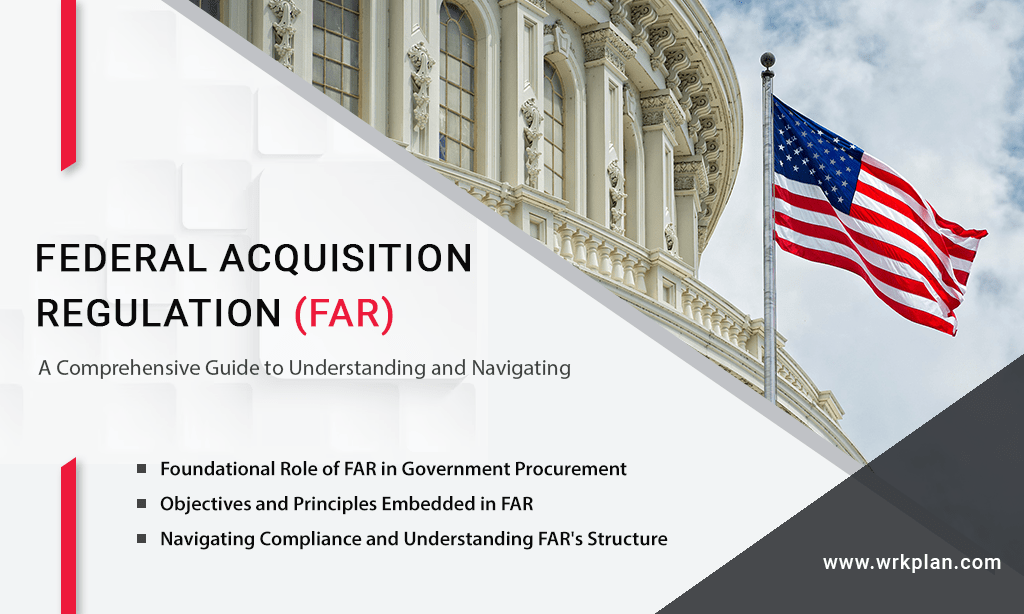Navigating government contracting regulations can be a complex and challenging task. The Federal Acquisition Regulation (FAR) and Defense Federal Acquisition Regulation Supplement (DFARS) are two of the most important regulations that contractors must understand to be successful in government contracting. In this article, we will discuss key regulations in the FAR and DFARS that contractors should be aware of.
What is FAR?
The FAR is the primary regulation for use by all federal executive agencies in acquiring goods and services. It provides guidance and requirements for the acquisition process, including acquisition planning, solicitation, evaluation, award, and administration of contracts. The FAR is organized into subchapters, each covering a different aspect of the acquisition process.
Key FAR Regulations
- Small Business Participation: The FAR includes requirements for small business participation in federal contracting. This includes set-aside programs, such as the Small Business Administration’s 8(a) program, as well as requirements for small business subcontracting plans.
- Cost Principles: The FAR includes cost principles that dictate what costs are allowable and unallowable for government contracts. These principles include guidelines for direct and indirect costs, as well as requirements for cost accounting and cost allocation.
- Contract Types: The FAR provides guidance on the different types of contracts that can be used for government contracting, including fixed-price, cost-reimbursement, and time-and-materials contracts. Contractors must understand the requirements and risks associated with each contract type.
What is the DFARS?
The DFARS is a supplement to the FAR that provides additional acquisition regulations specifically for the Department of Defense (DoD). The DFARS includes requirements and procedures for the acquisition of goods and services by the DoD, including acquisition planning, source selection, and contract administration.
Key DFARS Regulations
- Cybersecurity: The DFARS includes requirements for cybersecurity, including the protection of sensitive government information and reporting of cyber incidents. Contractors must comply with these requirements to be eligible for DoD contracts.
- Intellectual Property: The DFARS includes regulations related to the acquisition and management of intellectual property, including data rights and patents. Contractors must understand these requirements to protect their intellectual property rights.
- Contract Clauses: The DFARS includes specific clauses that must be included in DoD contracts. Contractors must ensure that these clauses are included in their contracts and understand the requirements associated with each clause.
In conclusion, understanding the FAR and DFARS is essential for contractors who want to be successful in government contracting. By understanding key regulations, such as small business participation, cost principles, contract types, cybersecurity, and intellectual property, contractors can navigate the complex world of government contracting and maximize their chances of success.
Visit WrkPlan.com for all of your GovCon needs.













